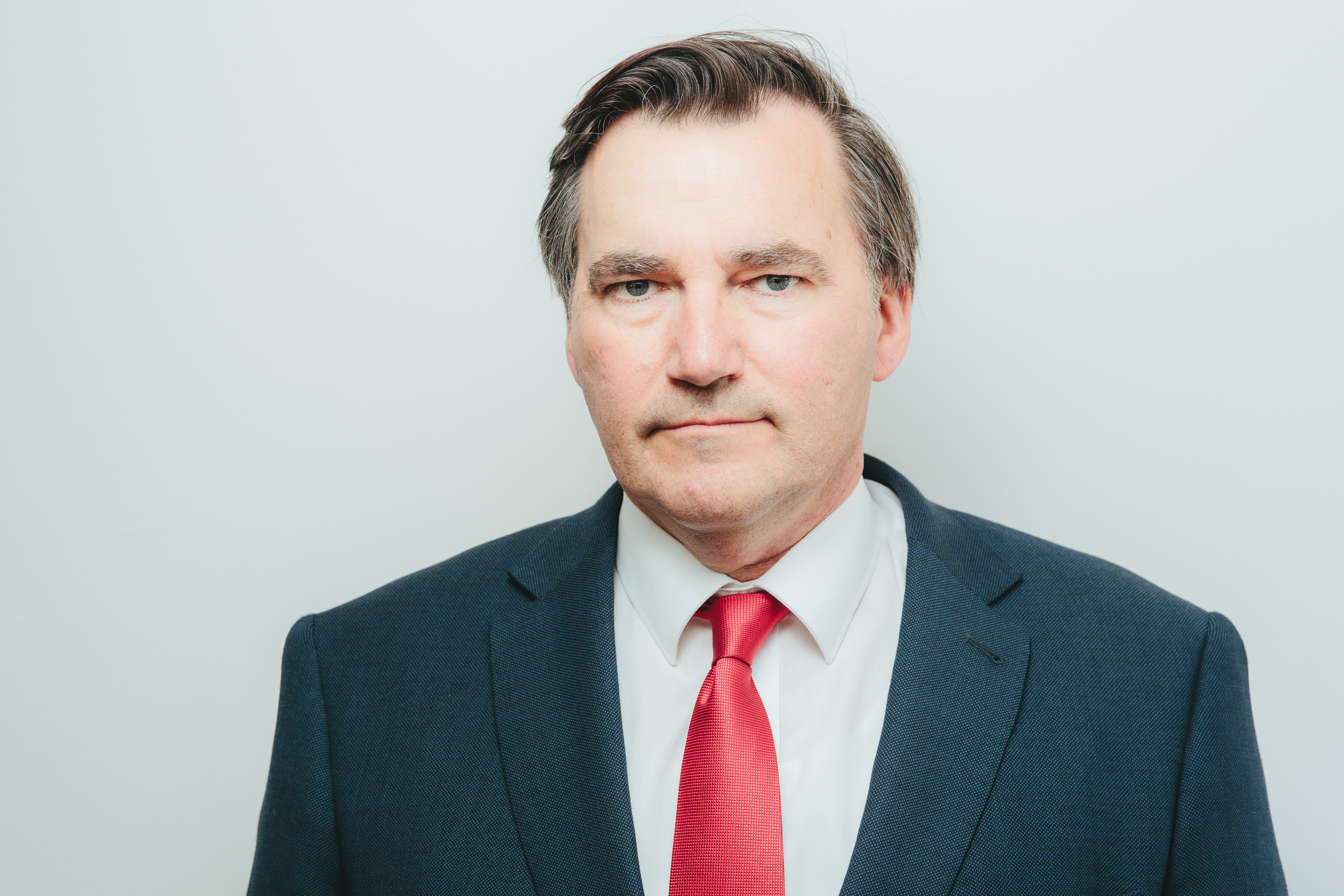The Council of Trade Unions (CTU) today said that the slowly falling unemployment rate had plenty of room for improvement, with 343,000 New Zealanders still either out of work or needing more work than policy makers have created. CTU President Richard Wagstaff said that in the regions particularly, the number of New Zealanders unable to find work is socially unsustainable and the time for Government job creation is now.
“When we talk about unemployment, we have to remember that the official rate of 122,000 or 4.5 percent of Kiwis out of work is just part of the picture. There are almost double that number, 221,000, who don’t have enough hours, or are looking for work but not included in the official definition for ideological reasons. This represents nearly a quarter of a million New Zealanders and their families who are experiencing the stress of work insufficiency.”
“If you look at regions like Northland, Gisborne or Hawkes Bay, we are still seeing unemployment over 5 percent and well over one in ten workers short of work” he said. “Taranaki has actually nearly doubled unemployment in two years to 6.4%, and in the Manawatu nearly one in five workers has insufficient work. We have to address the lack of good jobs in the regions to keep rural communities sustainable.”
“Good quality jobs allow working people to build wealth and security. Our policy settings of the last decade haven’t delivered for working people and we’re seeing the trend flow on this quarter. Wages only rose 1.8 percent in the last year according to the Labour Cost Index, and that would have been just 1.6 percent without the care and support workers’ pay equity settlement. Many working people are still not getting pay rises – 51 percent of private sector workers did not get pay rises in the last year.”
“New Zealanders want more good work. Creating not just more jobs but better jobs and catching up pay rates is the challenge our new Government faces, and we are ready to support them. There is plenty to be done to make our country a world leader in the transition to a sustainable economy. Fairer employment legislation, restoring balance to workplaces, and keeping people in steady employment throughout their careers will build resilient communities for the future of work.”
